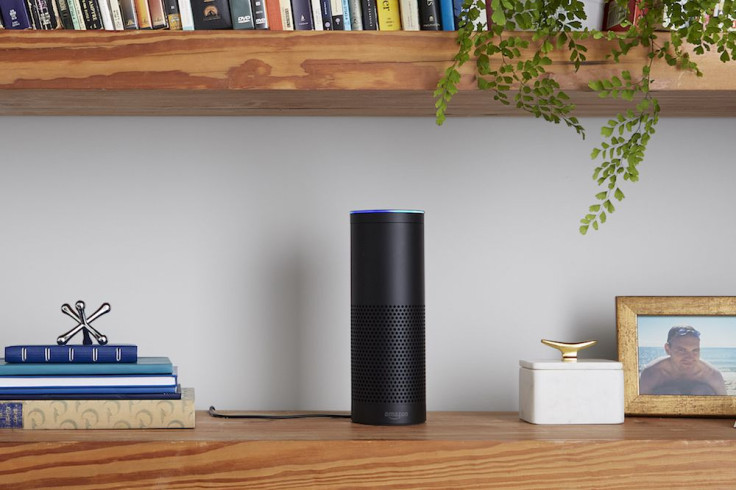Amazon Echo Privacy: Alexa's Right To Free Speech In Murder Case Is In Question

Prosecutors in an Arkansas murder trial have been attempting to obtain possible voice recordings from an Amazon Echo device that may be key evidence in the trial. But Amazon is claiming that Alexa, the voice of the Echo, has First Amendment rights and in the interest of protecting the customer’s privacy and rights refuses to give up the recordings without legal requirement to do so, according to Forbes.
The Echo product in question belongs to James Andrew Bates who’s friend Victor Collins was found dead in Bates’s hot tub in November 2015, according to The Northwest Arkansas Democrat Gazette. Bates pleaded not guilty to first-degree murder. In the argument against the warrant for the recordings Amazon argues that the information Alexa receives and gives can reveal the intricacies of the user’s personal life and should thus be protected. The statement from Amazon said the government would have to show “compelling need” for the data which they have yet to do, says Forbes.
"Given the important First Amendment and privacy implications at stake, the warrant should be quashed unless the Court finds that the State has met its heightened burden for compelled production of such materials," Amazon in court filings, according to the AP..
The Amazon legal team cited a case Google was involved in in 2014 that resulted in a Supreme Court Decision on the seizure and search of a cell phone during an arrest. Legally authorities need a warrant to view the information on a cell phone, and Amazon claims that the same law applies to the Echo device.
Technology companies fighting in specific cases to help protect the privacy of its broader user base has been an ongoing battle. Recently Microsoft won a court order that said it can more freedom notifying customers when information on their data is being requested by a government entity.
Apple has also been at odds with law enforcement agencies following the San Bernardino shooting in 2015. In that instance the FBI asked Apple to unlock the shooter’s device but Apple refused, saying if it were to crack the shooter’s phone it would be giving the keys to all iPhones to the federal government.
© Copyright IBTimes 2025. All rights reserved.




















